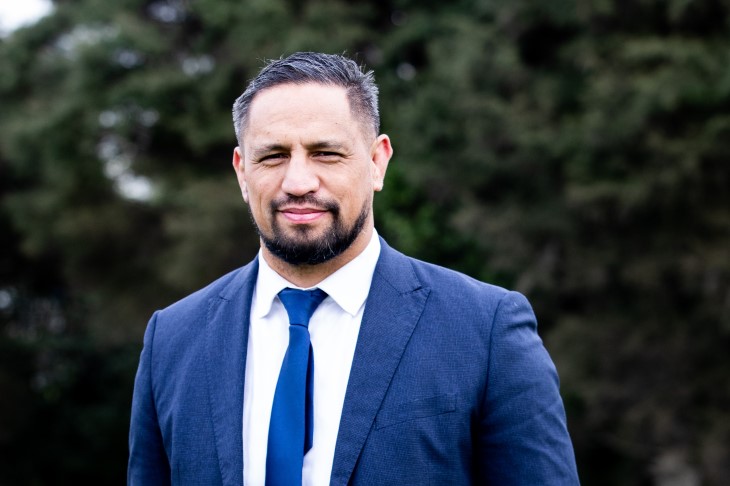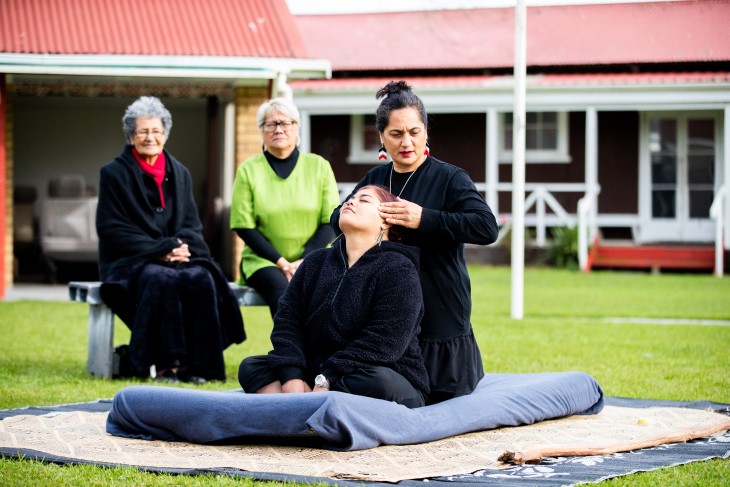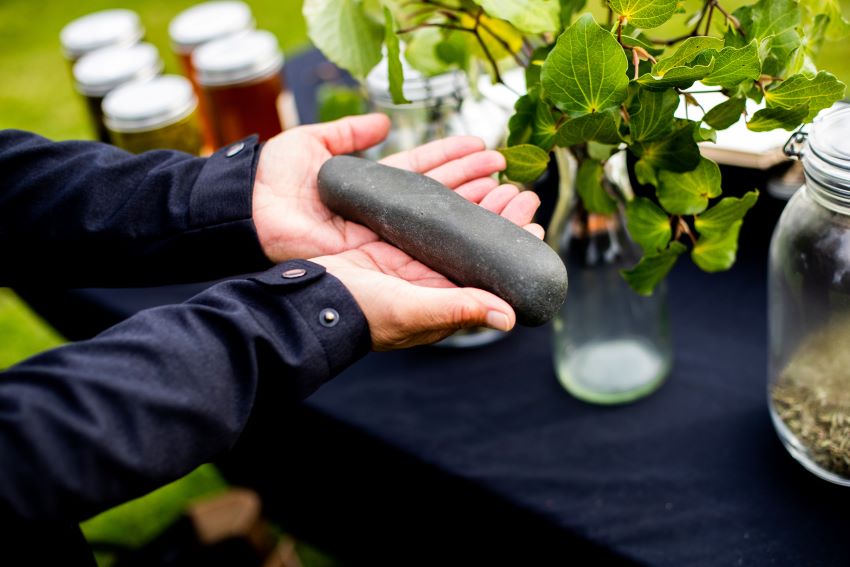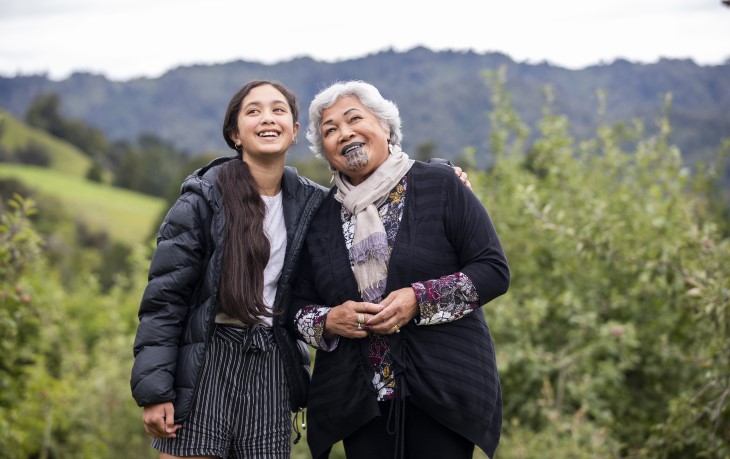What delivering equity for Māori really means

Eldon Paea is a manager of Māori Health at ACC. He has a personal connection to the issues facing Māori in their access to healthcare, and is part of the critical changes we're making to amend that.
Tēnā koutou katoa. He uri ahau nō Ngāti Kahungunu, Ngā Puhi, Ngāti Porou. Ko Eldon Paea tōku ingoa, ko au te Pouwhirinaki o te Rangapū Hauora Māori ki ACC.
My name is Eldon Paea, I’m a manager of Māori Health at ACC.
My Mum lives in Nūhaka a small town in the Wairoa district, the town has one general store a primary school and a fish and chip shop surrounded by a whānau, farming and horticultural community.
Nūhaka has six marae, with the largest being Kahungunu. To visit her GP, she has to travel 40 minutes and if she needed specialist care it would be over two and a half hours to the Hawke’s Bay Hospital – assuming whānau were available to take her.
This is an issue for many Māori and we see it reflected in the statistics. Māori are more likely to sustain a serious injury but less likely to access the very services that they are entitled to.
Today, ACC is actively working to change this.
Equity vs equality
My team is focused on improving access, experience and outcomes for Māori. To do this successfully, we need to lean into the inequities we see for Māori and address them one by one.
But first we need to understand the difference between equity and equality, as they are not the same.
Equality is about everyone getting the same resources irrespective of each individual’s circumstances. However, equity is about having the resources and opportunities to be successful based on your own circumstances.
Like my daughters – one requested new shoes because she was getting wet socks walking to school. She needed a new pair. However, my other daughter thought that she should get a new pair of shoes too, although she didn’t need them, her current shoes were working fine.
Equality would be buying both daughters a pair of shoes, or not buying any at all. Equity is about understanding the circumstances and buying shoes for the daughter that needed them.
We are understanding the circumstances and making purposeful changes to ensure that the resources and opportunities are directed towards those that truly are in need. We hope by doing this we will be removing access barriers and ensuring that Māori receive the services that they are entitled to.

The importance of choice
We also need choice, because we know that increasing choices for Māori is improving health outcomes.
Two years ago, ACC introduced rongoā Māori services for injured New Zealanders. We’ve funded over 16,600 rongoā sessions and one in five clients receiving rongoā Māori care have not accessed ACC services before.
This shows that when we make choice available, people will engage or even reengage with the health system that they had previously given up on. Overcoming these barriers to improving health outcomes for Māori will not be the same for all Māori.
We have Māori living in urban areas where subsidising costs will improve access, but for Māori in rural regions it may be having mobile clinics and marae-based healthcare.
We need to create a way forward with more pathways and to bring light to other service options.
This is why ACC is developing Kaupapa Māori Health Services, creating indigenous, localised, whānau-centred solutions designed by Māori, with Māori, underpinned by tikanga and delivered by Māori providers, primarily for Māori but available to all.
Our wero is for Māori that have an injury to have greater access to services, improved experience of ACC care and better health outcomes. The work has started but we have a long way to go.
Taking strides
In 2021, we started with the Tainui waka rohe with a design panel made up of thirteen providers to design kaupapa Māori services for their rohe.
These services will be designed to support people with complex injury types, including survivors of sexual violence and serious injuries. We expect these services to start being delivered later this year.
The engagement of our next tranche has begun which includes Tāmaki Makaurau (Auckland) and Te Tai Tokerau (Northland) rohe. We’re shifting up a gear to include injury prevention in the design, because we recognise that kaupapa Māori plays a role across the whole spectrum of care, from strengthening and building a resilient whānau to healing pathways when you have an injury.
There are well established kaupapa Māori providers in these rohe, and we hope to bring their mātauranga (knowledge) together with whānau to design appropriate local services.
The procurement process for these rohe has now started and will be a unique approach to remove traditional barriers. We want to provide whānau with a choice of kaupapa Māori services that deliver culturally appropriate care and uphold our responsibilities to Māori under Te Tiriti o Waitangi.
We recognise that partnerships with Māori providers, iwi and whānau are the key to us connecting with communities to better serve Māori.
Learn about the approach we're taking to develop kaupapa Māori health services below:
Kaupapa Māori health services (acc.co.nz)





